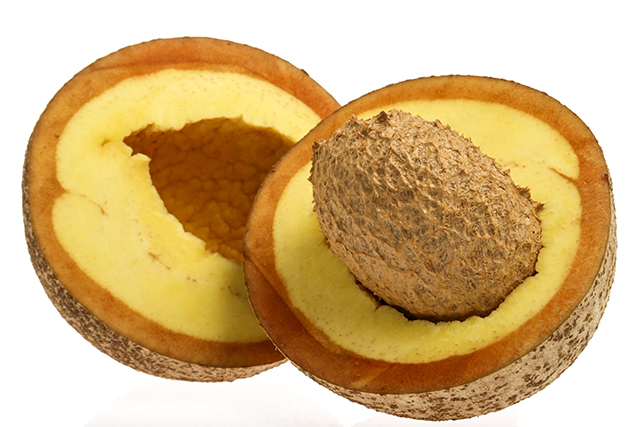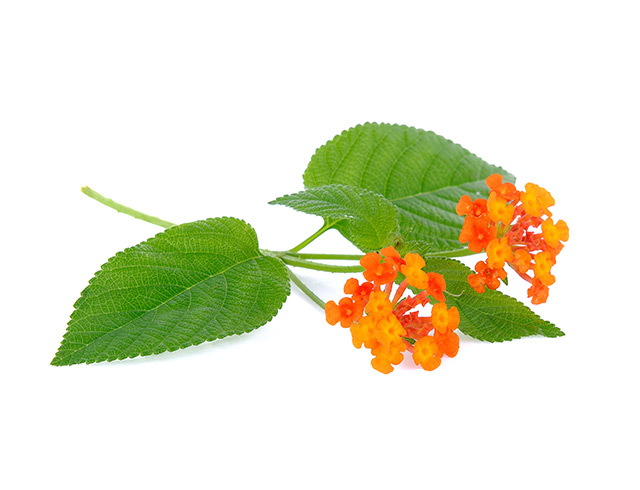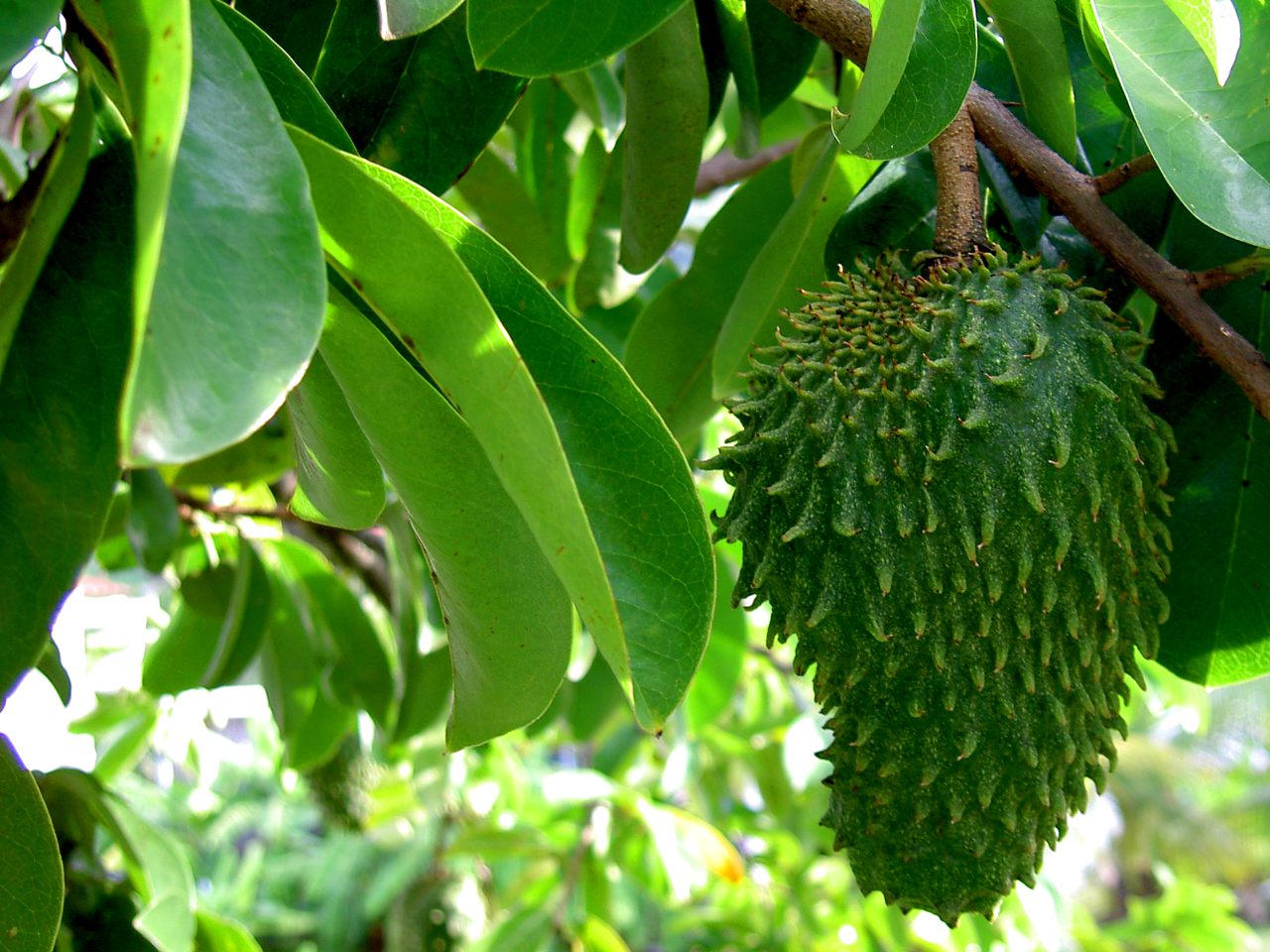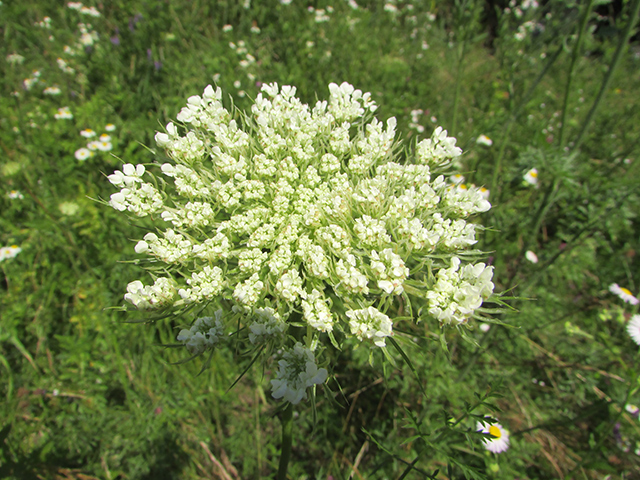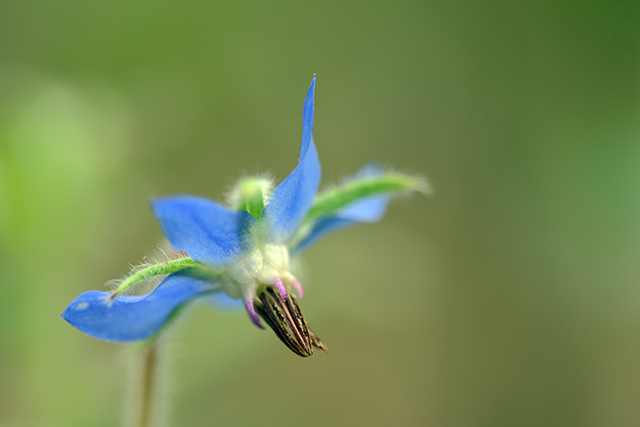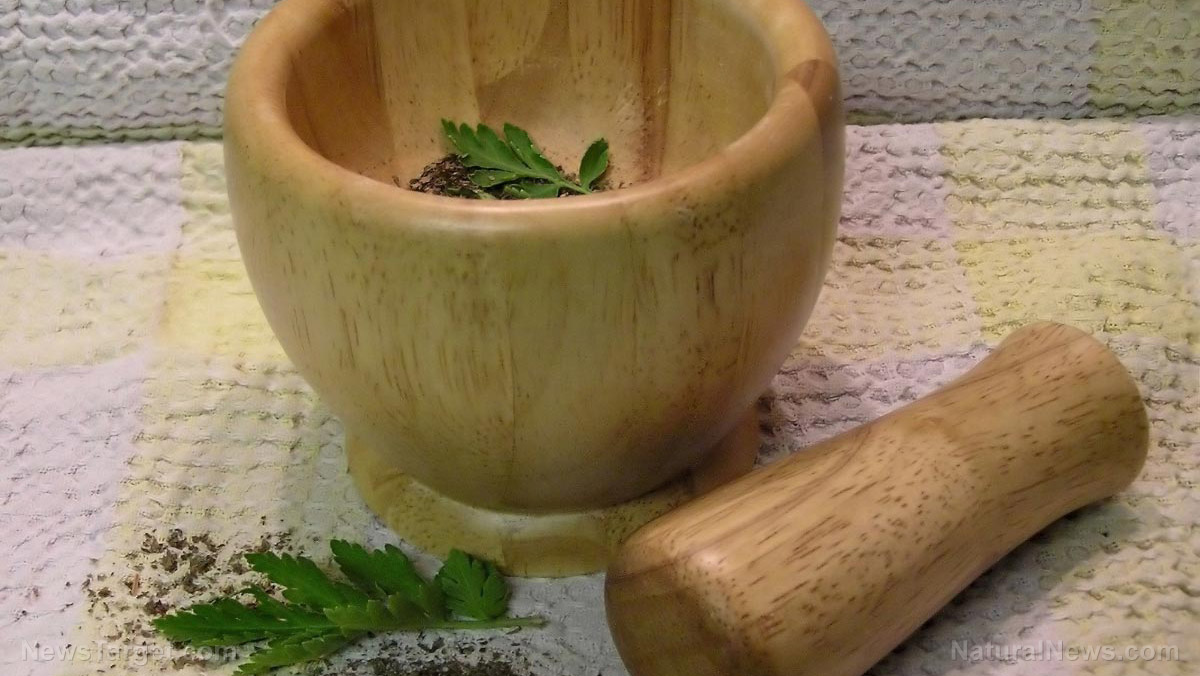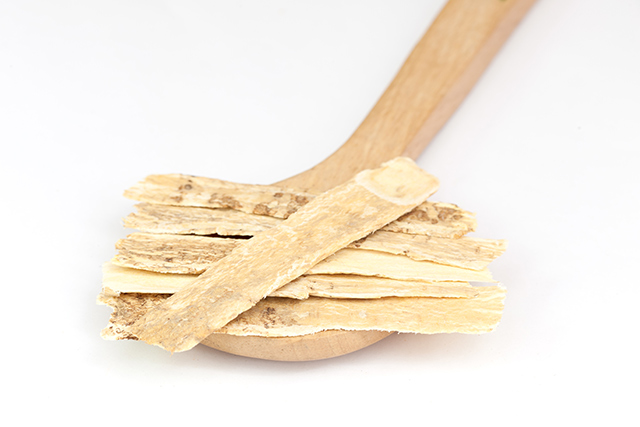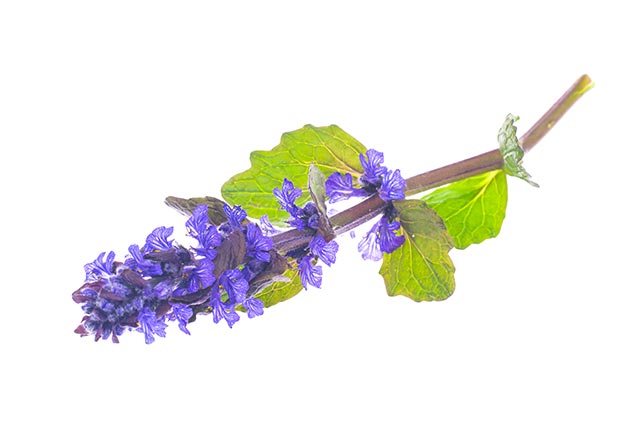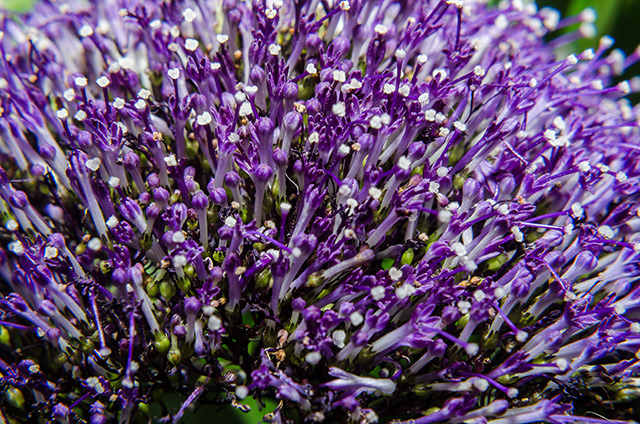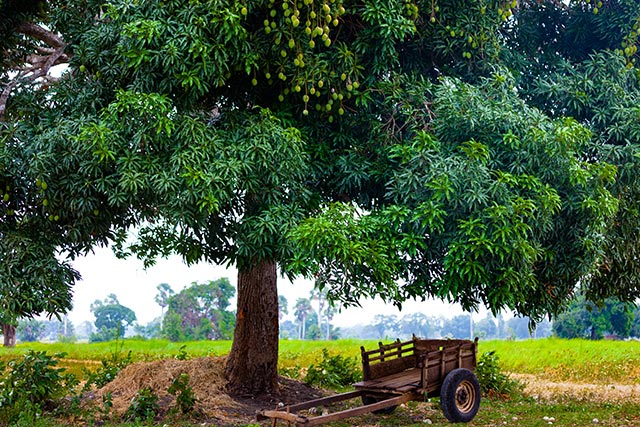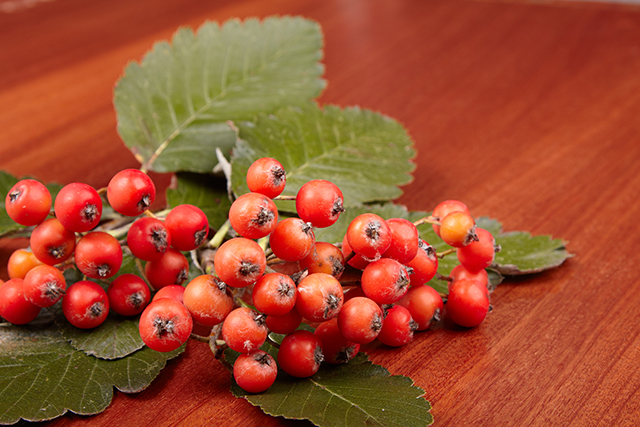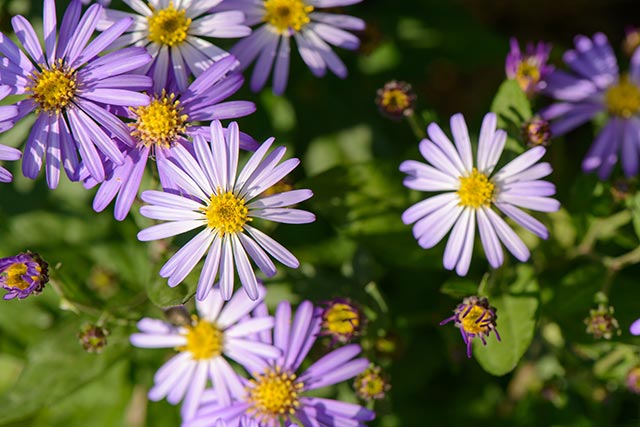12 of the most POWERFUL antibiotics you can get without a prescription
08/07/2017 / By Tracey Watson

We have entered a truly dangerous period in human history in which not only have we lost touch with traditional, natural treatments for infection, but improper and excessive use of antibiotics has led to drug-resistant superbugs. Back in 2012, Dr. Margaret Chan, then director-general of the World Health Organization (WHO), noted that we are moving toward a post-antibiotic era in which “things as common as strep throat or a child’s scratched knee could once again kill.”
Then, just last year, Reuters reported that for the first time in the U.S., a patient had been diagnosed with an infection “resistant to a last-resort antibiotic.” At the time, health officials “expressed grave concern that the superbug could pose serious danger for routine infections.” [Related: Stay abreast of the latest information at Superbugs.news.]
As Dr. Chan noted, in terms of new antibiotics, the “pipeline is virtually dry. The cupboard is nearly bare.”
It is therefore becoming increasingly important that we familiarize ourselves with the ancient knowledge of natural antibiotics that have all but been forgotten by modern medicine.
Rebecca Tarrant, writing for Ask a Prepper, provides a list of 12 of the most powerful antibiotics known to man – and not a single one was created in a laboratory. [Related: Learn more about natural healing at Nutrients.news.]
- Goldenseal (Hydrastis canadensis): This plant, native to North America, is a traditional treatment for skin infections resulting from scrapes and cuts. The leaf extract is so powerful that it can treat not only minor abrasions, but even superbugs like MRSA – methicillin resistant Stapholococcus aureus.
- Garlic (Allium sativum): While many of us are very familiar with garlic’s delicious cooking properties, its powerful medicinal powers are less well known. Garlic is a potent antibacterial when crushed and exposed to air, and laboratory studies have found it as effective as penicillin at treating many infections, though studies on its efficacy against superbug infections is limited. [Related: Discover the healing power of garlic at NaturalPedia.com.]
- Ginger (Zingiber officinale): Ginger is a powerful anti-fungal, anti-viral and antibacterial, and is traditionally used to treat coughs and colds. It has also shown promise in the fight against more serious infections like pneumonia and even superbugs.
- Indigo (Baptisia sp.): The Indigo plant has proven to be an effective treatment against typhoid. While we do not see many cases of this disease in the U.S., it is interesting to note that typhoid and food-borne salmonella – which does affect about 1 million people each year – are very similar bacteria. It is therefore logical to assume that indigo would also be an effective treatment for cases of salmonella poisoning.
- Licorice (Glycyrrhiza glabra): This powerful anti-inflammatory is an excellent treatment for allergies and asthma. A word of warning, though: Pregnant women should not consume licorice, and it should be avoided by those with high blood pressure.
- Cinnamon (Cinnamomum zeylanicum): This well-known spice is an effective treatment for gingivitis as well as other irritations and infections of the mouth.
- Honey: Honey is a powerful antibacterial that also speeds up recovery from burns. It can also prevent infection and promote healing.
- Turmeric (Curcuma longa): The anti-inflammatory and antimicrobial properties of turmeric make it an effective healer even of wounds that are slow to heal like diabetic wounds and pressure ulcers. It is most effective when used as an ointment.
- Elderberry (Sambucus nigra): Elderberry boosts immunity, making the body better able to fight off any infection and helping to avoid the necessity for antibiotics.
- Echinacea (Echinacea purpura): Studies have found that Echinacea is at least as effective as pharmaceutical anti-viral drugs in the treatment of the common flu. Patients who take Echinacea have been found to suffer fewer complications and side effects than those treated with anti-virals.
- Cumin (Cuminum cyminum): This well-known Middle Eastern spice is a powerful antimicrobial, and can treat mouth infections that even antibiotics are useless against. It is likely, therefore, that it would be effective against superbugs.
- Cranberries: Cranberries contain anti-inflammatory properties which mean they can both prevent and treat urinary tract infections (UTIs). By preventing bacteria from sticking to the walls of the bladder, cranberries also help to prevent recurring bladder infections.
The power of the elements: Discover Colloidal Silver Mouthwash with quality, natural ingredients like Sangre de Drago sap, black walnut hulls, menthol crystals and more. Zero artificial sweeteners, colors or alcohol. Learn more at the Health Ranger Store and help support this news site.
Sources include:
Tagged Under: antibiotic resistance, Antibiotics, complementary medicine, healing plants, herbal medicine, herbal remedies, natural antibiotics, natural medicine, superbugs



